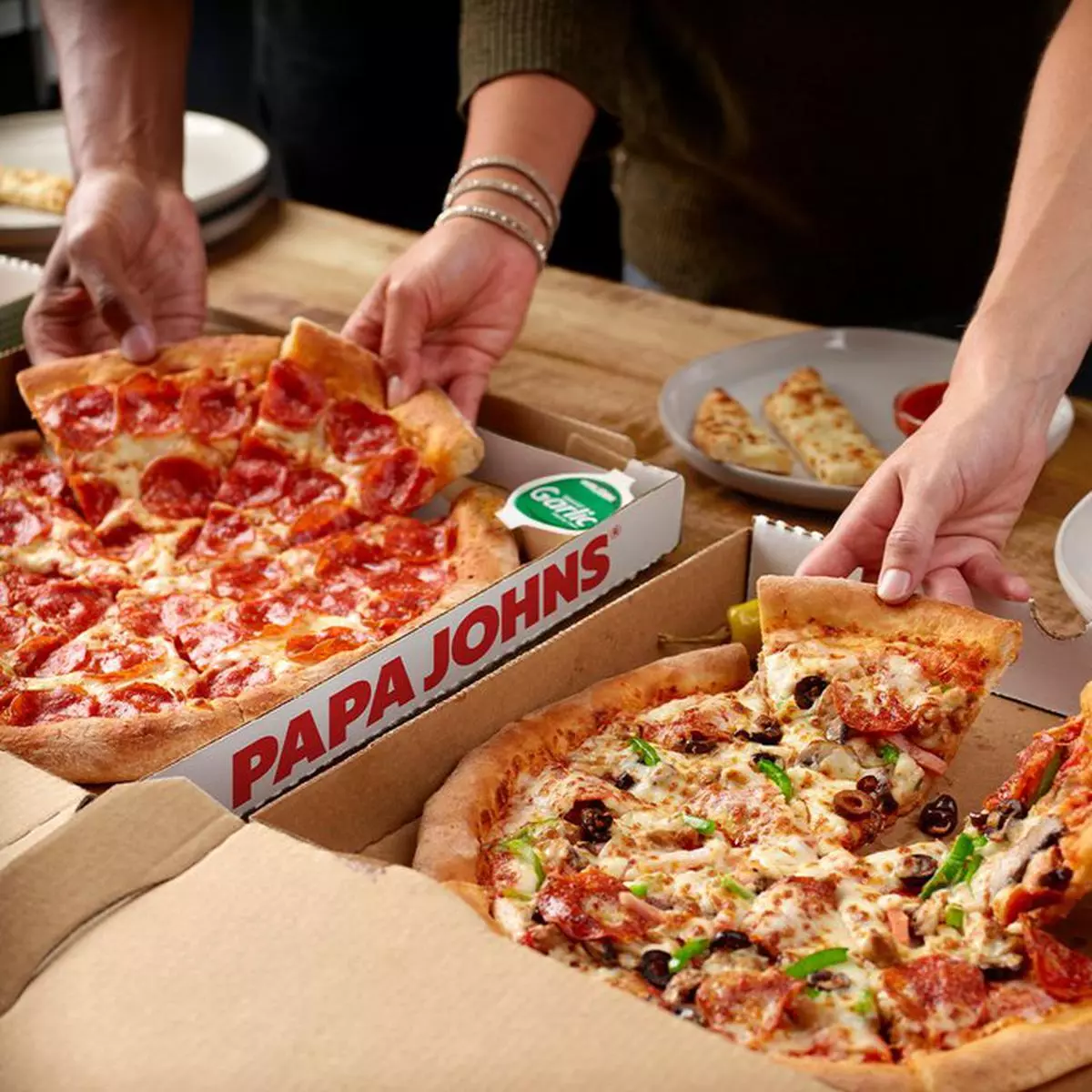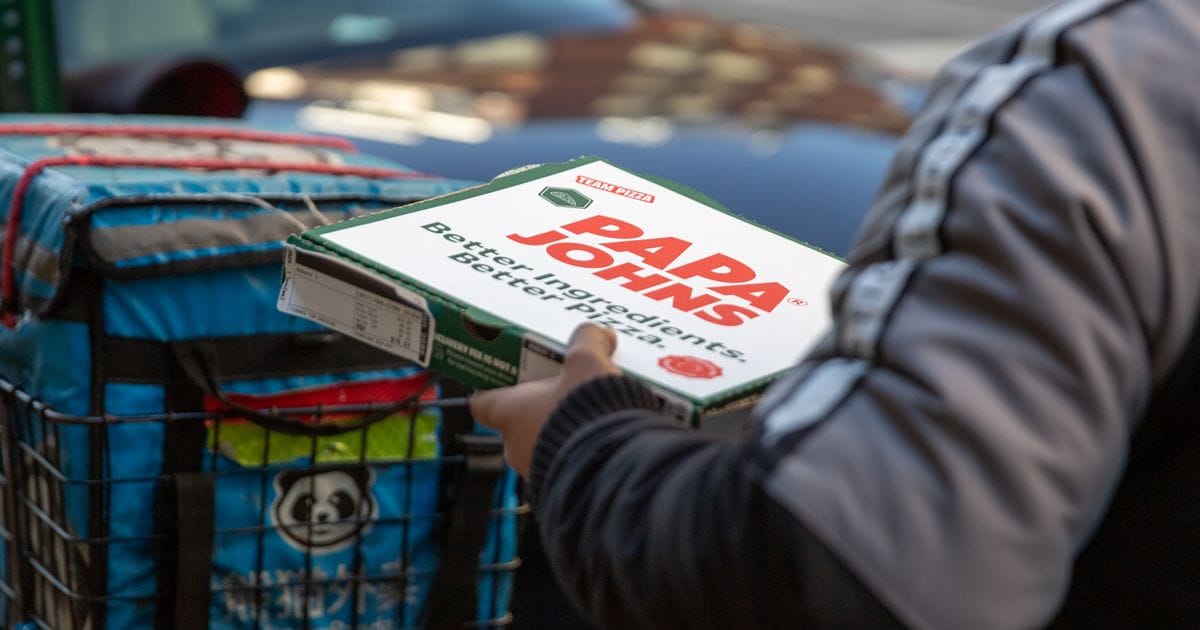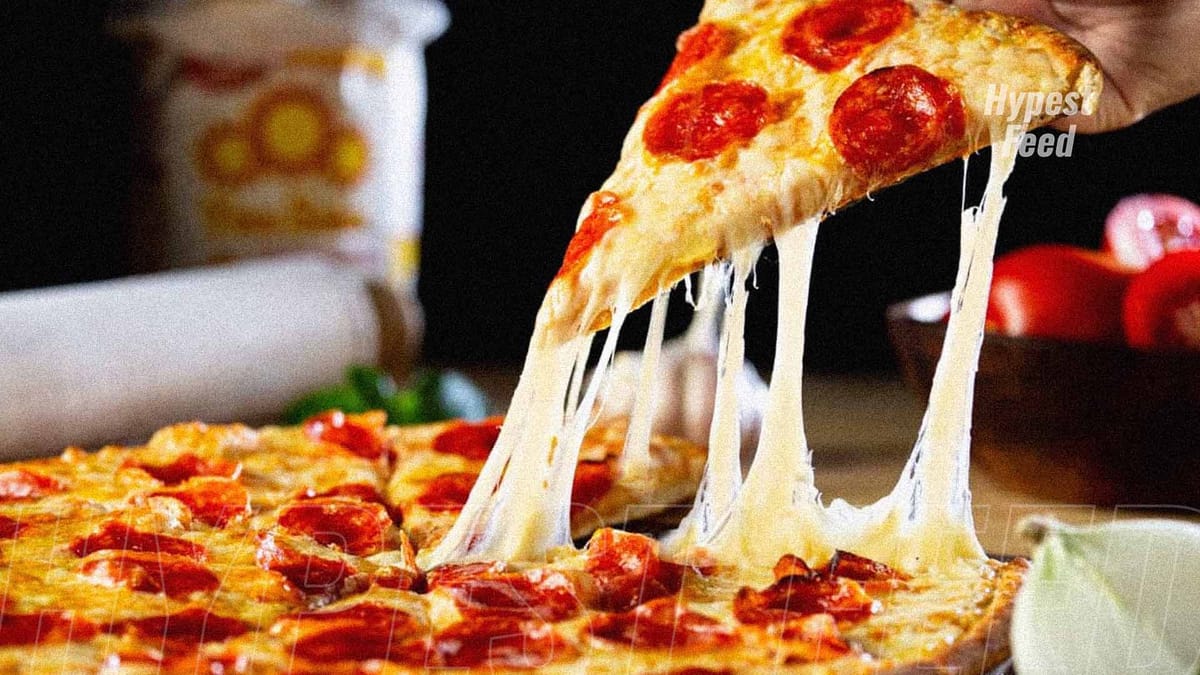Pizza chain Papa John's has announced plans to close nearly a tenth of its UK restaurants, citing underperformance as the primary reason behind the closures. Following a comprehensive review of its business operations, Papa John's identified a number of sites that were deemed "no longer financially viable." As a result, the chain has made the decision to shut down 43 of its locations across England. These closures will affect various regions, spanning from Harrogate in North Yorkshire to St Helens in Merseyside, Billericay in Essex, and Eastbourne in East Sussex.
With a total of 450 restaurants in the UK, in addition to outlets situated in service stations and holiday parks, Papa John's aims to streamline its operations and focus on more sustainable and profitable ventures. However, the company has not disclosed the exact number of jobs that will be impacted by these closures.

Addressing the situation, Papa John's UK managing director, Chris Phylactou, emphasized the company's commitment to supporting affected employees throughout the transition process. Efforts will be made to provide assistance and explore redeployment opportunities for impacted team members.
Meanwhile, another hospitality player, Revolution Bars, has also announced strategic considerations amid challenging market conditions. Reports suggest that Revolution Bars is contemplating the sale of "all or part of the group" following the revelation that approximately 20 of its bars—equating to roughly a quarter of its outlets—could potentially face closure.
Despite the struggles faced by certain sectors within the hospitality industry, the takeaway segment continues to thrive. According to consultancy firm PwC, the past year witnessed a net increase of 151 chain takeaway shops, highlighting the resilience and demand within this segment of the market.
As Papa John's navigates these changes and Revolution Bars evaluates its options, the broader hospitality industry continues to evolve, with businesses adapting to shifting consumer preferences and economic dynamics.

PwC senior retail adviser Kien Tan remarked on the resilience of the takeaway sector amidst increasing competition, emphasizing the growing consumer demand for takeaway options due to their affordability compared to dining out. With this trend in mind, Papa John's strategically planned closures to reallocate resources for investment and enhance profitability across its remaining UK sites. The company aims to diversify its presence by expanding into non-traditional locations such as holiday parks, with plans to announce partnerships with major retail partners in the near future.
As one of the US-owned chain's largest markets, the UK remains a priority for Papa John's, which is dedicated to driving growth and long-term success in the region. Similarly, Revolution Bars, including its subsidiary Revolucion de Cuba, is exploring strategic options following external challenges that have impacted its trading performance. This may involve restructuring efforts or the potential sale of all or part of the group, with discussions underway with key shareholders and investors regarding additional funding.
Notably, Revolution Bars attributed its underperformance to the cost of living crisis, particularly affecting younger demographics. This economic strain has had wider implications for the retail landscape, as reflected in recent data indicating a net decrease of 5,000 stores across the UK despite an increase in new retail outlets last year. While coffee drive-throughs, bubble tea shops, and fast-food restaurants saw growth, closures of established chains like Wilko offset these gains.

In the current year, several prominent brands such as the Body Shop and night club chain Pryzm have faced challenges, resulting in the closure of multiple sites. These developments underscore the ongoing evolution and challenges within the retail and hospitality sectors, requiring businesses to adapt strategically to changing consumer behaviors and economic conditions.



Member discussion: